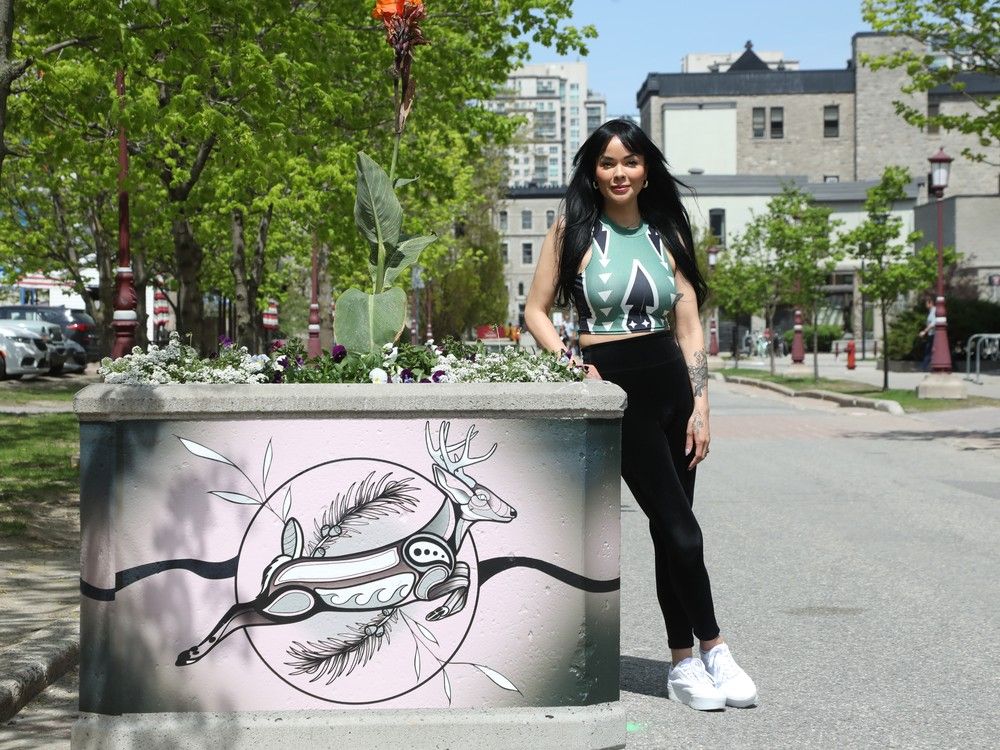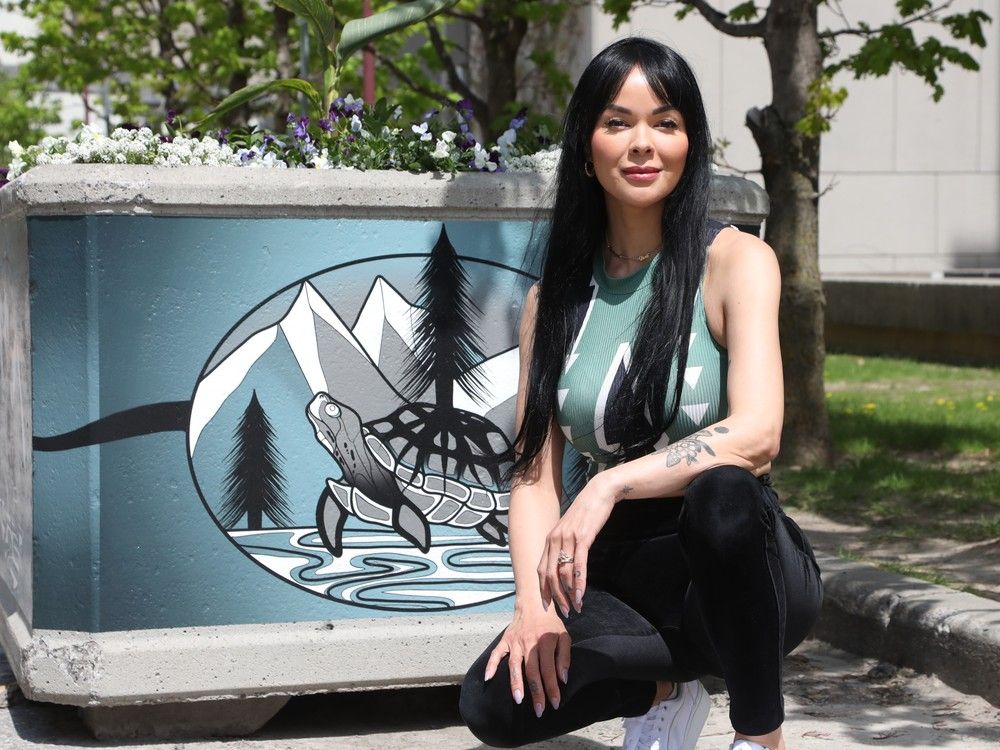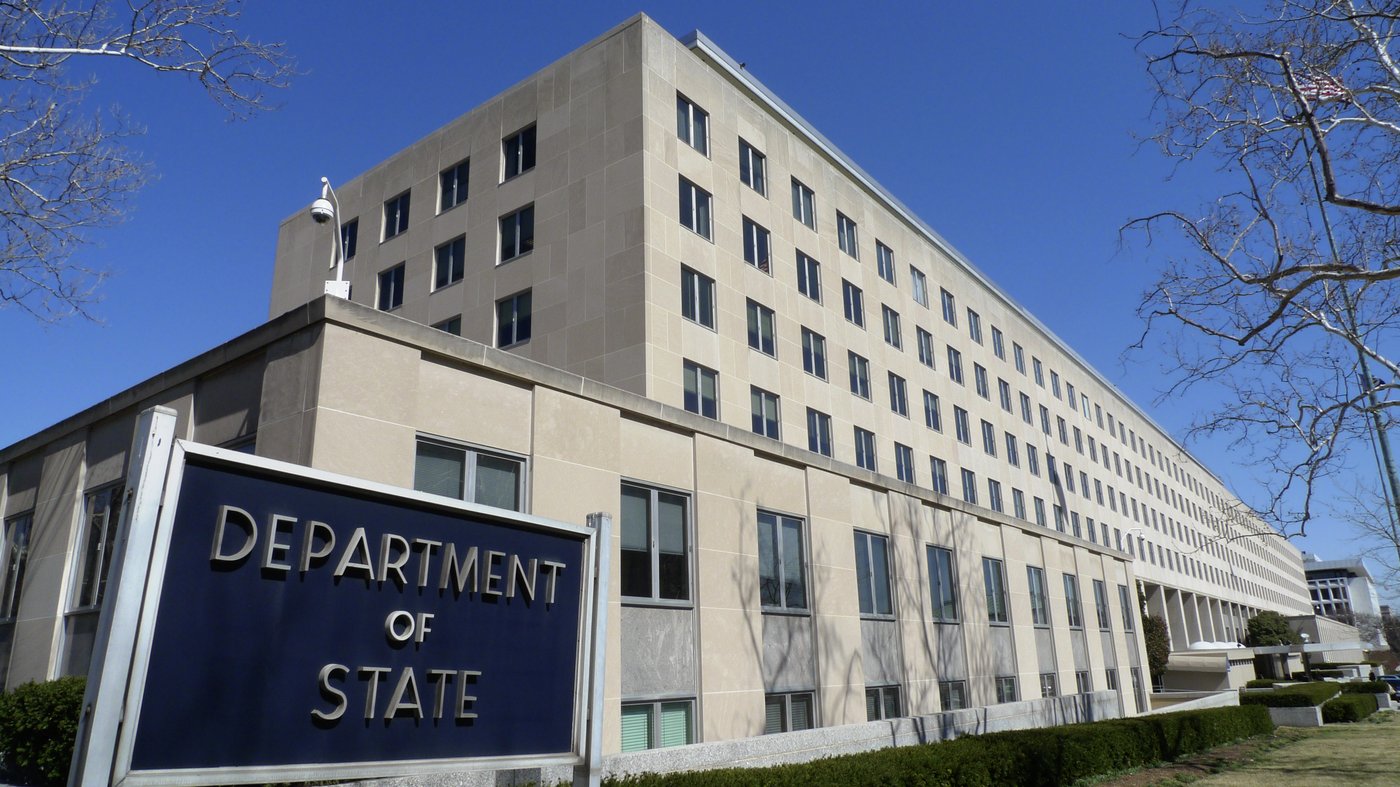Indigenous advocates are praising the University of Ottawa for providing free tuition to Algonquin Anishinàbeg Nation students, saying it is a big step towards reconciliation.
The university announced the move Friday as part of its
Indigenous Action Plan.
The plan, which was first approved in 2020 and recently updated, is a framework guiding the university’s decolonization efforts and engagement with the broader Indigenous community.
The tuition fee waiver will start in fall 2025, the university added.
“It was something we discussed for quite a long time beforehand. … We really wanted to pay respect to the Algonquin nation, because the university operates on Algonquin territory,” said Tareyn Johnson, who is Anishinaabe and director of Indigenous affairs at uOttawa.
“When universities across the country started doing it, it piqued our interest, and we had to go through logistics and stuff like that. I would say (the process) took about a year.”
Kassidy Klinger,
the students’ union’s Indigenous students’ representative, celebrated the move in an emailed statement to the Ottawa Citizen.
“The Algonquin students at uOttawa have been expressing excitement and relief after the news of this tuition waiver came out! This will help alleviate some of the financial burden that students face, and we are hoping that more Algonquin youth will be motivated to come study at uOttawa and pursue post-secondary education,” Klinger said.

Lynn Gehl, an Algonquin scholar and advocate, said the move will open a lot of doors for Algonquin people.
She said tuition fees were a huge barrier for her when she was in her teens and early 20s. She saved for more than a decade and finally pursued a post-secondary education when she was 30 years old.
Now, Gehl has a PhD in Indigenous studies, a master’s degree in Canadian studies and Indigenous studies, and an undergraduate degree in cultural anthropology. In total, the 13 years of post-secondary cost her more than $500,000 after factoring in textbooks and living costs.
“I don’t think (Indigenous and Northern Affairs) is covering everybody’s tuition anymore, it’s a competition. Everyone assumes that, if you’re status registered with Indian Affairs, that your education is covered, and that’s not necessarily true,” she said.
Gehl also noted that Indigenous students experience higher rates of poverty compared to their non-Indigenous peers. The free tuition will also allow older Indigenous people the opportunity to continue their education, she added.
“It’s a great step in terms of truth and reconciliation,” she said.
The Ottawa Citizen reached out to Carleton University asking if it is considering a similar initiative. A university spokesperson said the initiative is currently under review.
What is the process to get free tuition?
Johnson confirmed that the university will not require Indigenous students to prove their status to qualify for free tuition.
“They just have to apply through their First Nation for post-secondary funding the way that they always have. It’s exactly the same process. Nothing changes for the students,” she said.
“Instead of being on a sponsored student list by the First Nation, the First Nation provides us with the eligible students, and we just waive it instead of getting the sponsorship letters.”
But Gehl raised concerns about the university potentially excluding Algonquin people who were denied status historically. UOttawa said there are 10 federally recognized Algonquin nations in Ontario and Quebec, but she said there should actually be 11.
“I think it would be most unkind if the university is not aware that they could be disenfranchising a First Nation,” Gehl said.
“In Ontario, these historic communities were denied reserve land, so they have a lot of non-status people in those communities.”
Johnson said it is up to the Algonquin nations to determine how to process these students’ applications.
“The University of Ottawa is not an Indigenous entity, so we don’t have a say in determining identity. That’s not our role,” she said.
Johnson hopes the program will be expanded in the future to include Indigenous students from other nations.
“I’ve been clear that that is a goal of mine. … When it comes to just the climate with financial constraints on universities right now, there’s a really tense environment for post-secondary globally,” she said.
“I think that we need to celebrate the wins that we have while keeping our eyes on the future.”
Advice for Indigenous students
Both Johnson and Gehl have advice for prospective Indigenous students.
“Everything is scary when you start. Everything is intimidating when you start. It’s one day at a time, and every little, you know, step that you take is getting you closer to your goal. So don’t lose faith because things are new and challenging, but just look at what’s the next thing on your list to do,” Johnson said.
“Reach out to the people that can help you before you have a problem. … We offer everything from academic counselling to mental well-being counselling. We offer cultural activities. We can help with anything that students are facing: housing issues, food insecurity, even just someone to talk to. Use those resources that are available to you.”
Gehl says it is OK if students want to take a lighter course load to prioritize their physical and mental well-being. Indigenous people have higher rates of mental illnesses and disabilities compared to their non-Indigenous peers because of intergenerational trauma and poverty, she said.
“Universities are a business, and so they expect the students to come in and take five courses. … I think some students might feel inadequate or discouraged because first year and second year are hard,” she said.
“I think that’s really important for new students coming into an undergraduate program, that they understand that it is hard and that a full workload for people is unreasonable, and it’s written in the economic model versus what is the best for the students.”
Related
- Sindy Hooper’s legacy drives news push at Ottawa Race Weekend
- Volunteers at the National Gallery worry about opportunities vanishing



